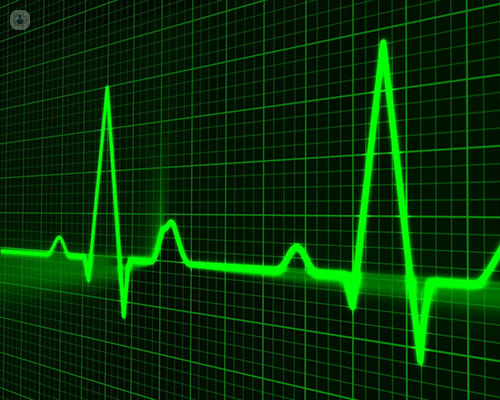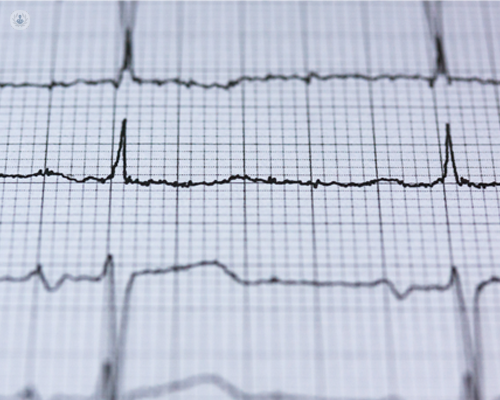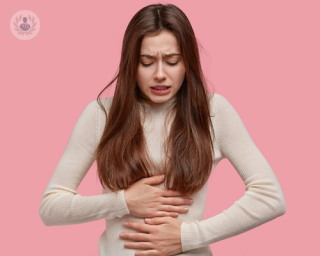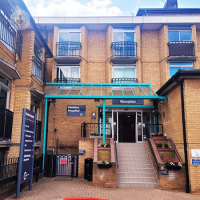Palpitations
Dr Alessandro Giardini - Paediatric cardiology
Created on: 11-13-2012
Updated on: 04-25-2023
Edited by: Lauren Dempsey
What are palpitations?
Palpitations are heartbeats that become noticeable all of a sudden, either during activity or rest. People who experience palpitations may be alarmed but most of the time, they're completely safe.

What do palpitations feel like?
Palpitations are heartbeats that feel either too fast or too hard and sometimes they can feel like your heart is skipping a beat. These are felt in your chest, throat, or neck. The sensation can last for seconds or minutes.
What causes palpitations?
Palpitations can result from anxiety, stress, or panic attacks; caffeine intake or nicotine; consumption of illegal drugs; exercise, and fever.
Pregnancy and menopause can also cause heart palpitations.
Medication, including asthma inhalers, antihistamines, antibiotics, and antidepressants, can also cause them. Seek advice from your GP if you are experiencing palpitations caused by medication.
Heavy meals, particularly those rich in fat, sodium, and/or sugar, can cause palpitations. Palpitations can be a sign of food sensitivity if they always happen after eating a certain type of food.
Sometimes, heart palpitations can indicate more serious heart conditions, particularly if they happen frequently.
What conditions are palpitations a symptom of?
Palpitations can be a sign of a serious health condition, for example:
- Arrhythmias;
- Coronary artery disease;
- Heart failure;
- Heart valve problems;
- Heart muscle problems;
Other medical conditions like thyroid disease, anaemia, or low blood pressure can also result in palpitations.
Are palpitations serious?
Often palpitations are harmless, but if they occur frequently, a medical examination will be needed to rule out underlying heart problems, such as arrhythmia.
If you have a history of heart issues and are experiencing palpitations, you should book a consultation with your GP.
Only if palpitations are experienced in conjunction with breathlessness, dizziness, chest pains and fainting are they considered to require immediate medical attention.
Can palpitations be prevented?
It is possible to prevent palpitations by doing the following:
- Regular, moderate exercise
- Avoid anxiety and stress
- Treat underlying diseases
- Avoid tobacco, alcohol and coffee
How are palpitations diagnosed?
Doctors will start by taking a detailed medical history, for this reason, it is important to keep track of your palpitations. Doctors will then establish if there is a family history of heart issues, and perform a physical exam. To rule out possible underlying heart conditions, you may need to undergo further tests like an ECG, a blood pressure test, a stress test, a chest x-ray, or an echocardiogram.

How are palpitations treated?
Treatment will depend on the underlying cause of the palpitations. If it is caused by anxiety or stress, then these can be managed better. If they are caused by a stimulant, then these can be avoided. If there is an underlying heart condition, then this will have to be treated accordingly.
What specialist treats heart palpitations?
Cardiologists would diagnose and treat heart palpitations.

















